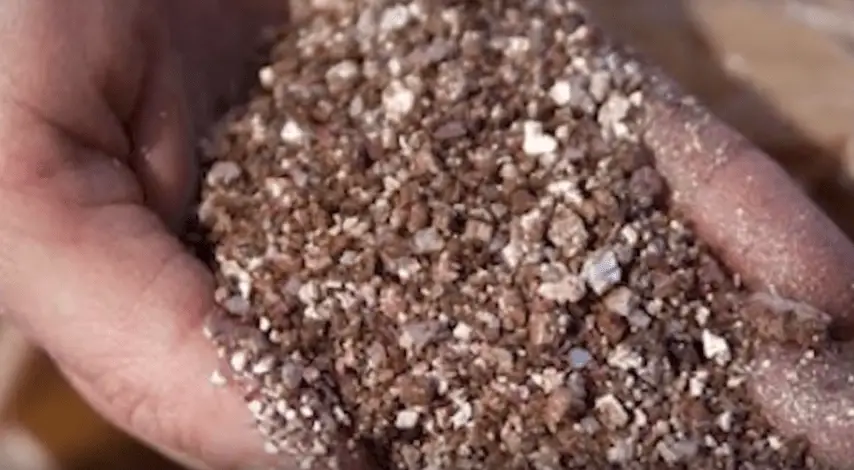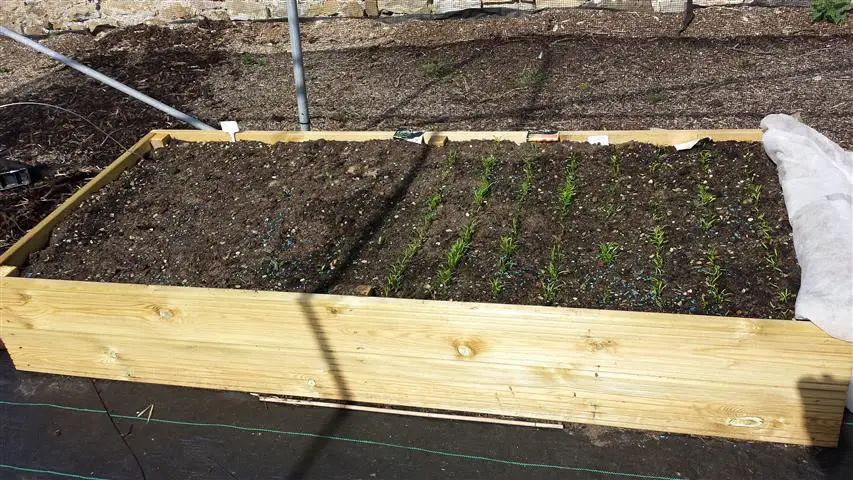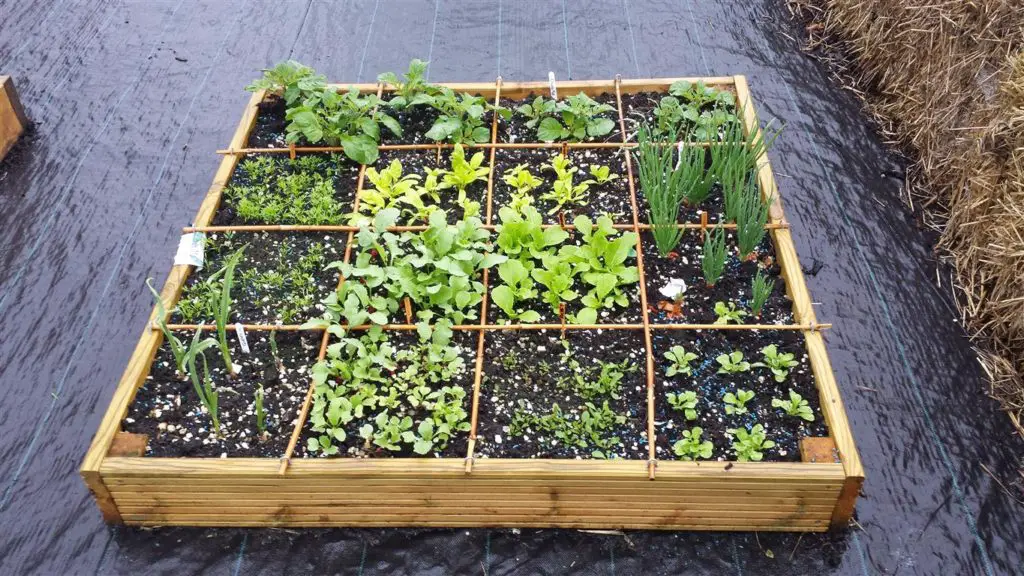There are many situations where vermiculite added to the soil will be highly beneficial to the plants, whether they be vegetable plants or pot plants for the window sill.
Much of the topsoil that a new house purchaser will face for example is often a mixture of subsoil and construction waste! Needless to say that trying to grow vegetables in such poor soil leads to all sorts of problems.
Clay based soil will become wet and sticky when it rains, dry and rock-hard when the sun is shining – and completely lacking in nutrients. If that is your soil condition then vermiculite may well help you to solve this problem.

What is Vermiculite?
Vermiculite that is used or sold in garden centres today is called Horticultural vermiculite and is a collection of hydrated laminar minerals (aluminum-iron, magnesium silicates) which look like mica.
This is subjected to massive heat which expands the thin wafer-like vermiculite into accordion-shaped pieces, a process which leaves it rot-proof, odorless, and non-toxic.
For gardeners it is a neutral 7ph and is a lightweight material, excellent as a soil additive/improver.
What does vermiculite do for soil
- Vermiculite traps nutrients and moisture
- Improves soil structure, helps to break up bad or sticky soil
- Creates a growing medium that is conducive to good root growth
- Creates aeriation of the soil improving soil organism health
- Retains and distributes liquid fertilizer at a more even rate
For these reasons’ vermiculite is often mixed with compost and topsoil to create the perfect growing mix for vegetables in Raised Bed containers.
This mix will not go hard and compact, but rather will remain loose and friable – the ideal growing mix for vegetables and pot plants.
Does vermiculite decompose in the soil?
Vermiculite does not break down or decompose in the soil – even after many years. For this reason alone it is valued as an excellent soil additive in that once it is added you do not have to keep adding more every season.

Does vermiculite contain asbestos – is it dangerous?
Some of the early vermiculite products did contain asbestos – particularly vermiculite from the Libby mine in Montana USA under the trade name Zonolite.
However it is not considered dangerous unless it is airborne in dust form. For this reason it is advised that such vermiculite is kept damp (unless of course it is in your attic as insulation, in which case leave it alone and get it checked by an asbestos specialist) and a mask worn when distributing it.
There is no doubt that understanding the dangers of asbestos contamination in vermiculite, is something that has to be advised.
contamination in vermiculite, is something that has to be advised.
Horticultural vermiculite for sale in garden centres today is however sold as free from dangerous asbestos levels, and perfectly safe to use in a garden setting. Read this article for more detailed information on vermiculite.
for more detailed information on vermiculite.
Is vermiculite better than perlite?
Perlite is often regarded as the poor man’s vermiculite, ultimately because perlite is cheaper and in some places easier to get hold of than vermiculite.
However vermiculite in my opinion is far superior when it comes to moisture and nutrient retention than perlite, although perlite is thought to have better aeriation qualities.
Whether vermiculite or perlite is “better” depends on the specific needs of your plants and the characteristics of your soil. Both vermiculite and perlite serve as soil amendments, but they have different properties and functions.
Vermiculite:
- Water Retention: Vermiculite has excellent water retention capabilities. It can absorb and hold significant amounts of water, releasing it gradually to plant roots. This is beneficial in retaining moisture in the soil.
- Nutrient Retention: Vermiculite has some cation exchange capacity (CEC), meaning it can hold and exchange nutrients with plant roots.
- Aeration: While vermiculite improves aeration to some extent, it is not as effective in providing air space as perlite.
- pH Buffering: Vermiculite has a neutral to slightly alkaline pH, contributing to pH buffering in the soil.
Perlite:
- Aeration: Perlite is highly effective at improving soil aeration. Its lightweight, porous structure creates air pockets in the soil, promoting better root development and preventing soil compaction.
- Water Drainage: Perlite doesn’t retain water as effectively as vermiculite; instead, it enhances water drainage. This is beneficial in preventing overwatering and promoting oxygen availability to the roots.
- pH Neutral: Perlite is pH neutral, so it does not influence the pH of the soil.
Choosing Between Vermiculite and Perlite:
- For Water-Loving Plants: If you are growing vegetables and other plants that prefer consistently moist soil, vermiculite may be more suitable due to its water retention properties.
- For Aeration: If your goal is to improve soil aeration and drainage, perlite is a better choice. It creates air spaces in the soil, preventing waterlogged conditions. This is why it is generally preffered for plant pots.
- Balancing Both: Many gardeners use a combination of vermiculite and perlite along with other amendments to create a balanced growing medium that retains moisture while providing good aeration.
In conclusion, although personally I prefer vermiculite, neither vermiculite nor perlite is universally better; the choice depends on your specific gardening goals and the needs of your plants. Consider the water requirements of your plants and the existing properties of your soil when deciding which amendment to use, and it’s often effective to use them together in appropriate ratios.
Benefits of Vermiculite in Raised Beds
No-dig gardening methods such Raised bed or Square Foot gardening, both rely on the addition of vermiculite to the growing mix – this is in fact what makes these methods truly ‘no-dig’.

Because the addition of vermiculite means the soil structure is light and ‘friable’ and easy to dig into when planting seedlings or weeding for example.
It also means that the plants themselves have the greatest chance to prosper as the vermiculite also traps and distributes water and nutrients throughout the confines area of a raised bed garden, which would be more prone to dry out without the addition of vermiculite in the soil/compost mix.
This is particularly important with wooden raised beds that tend to absorb more moisture. With metal raised beds this is not so much of an issue, and indeed is just a part of the reason that I prefer metal raised beds over timber.
More on the differences between metal and wood raised garden beds in this post.
